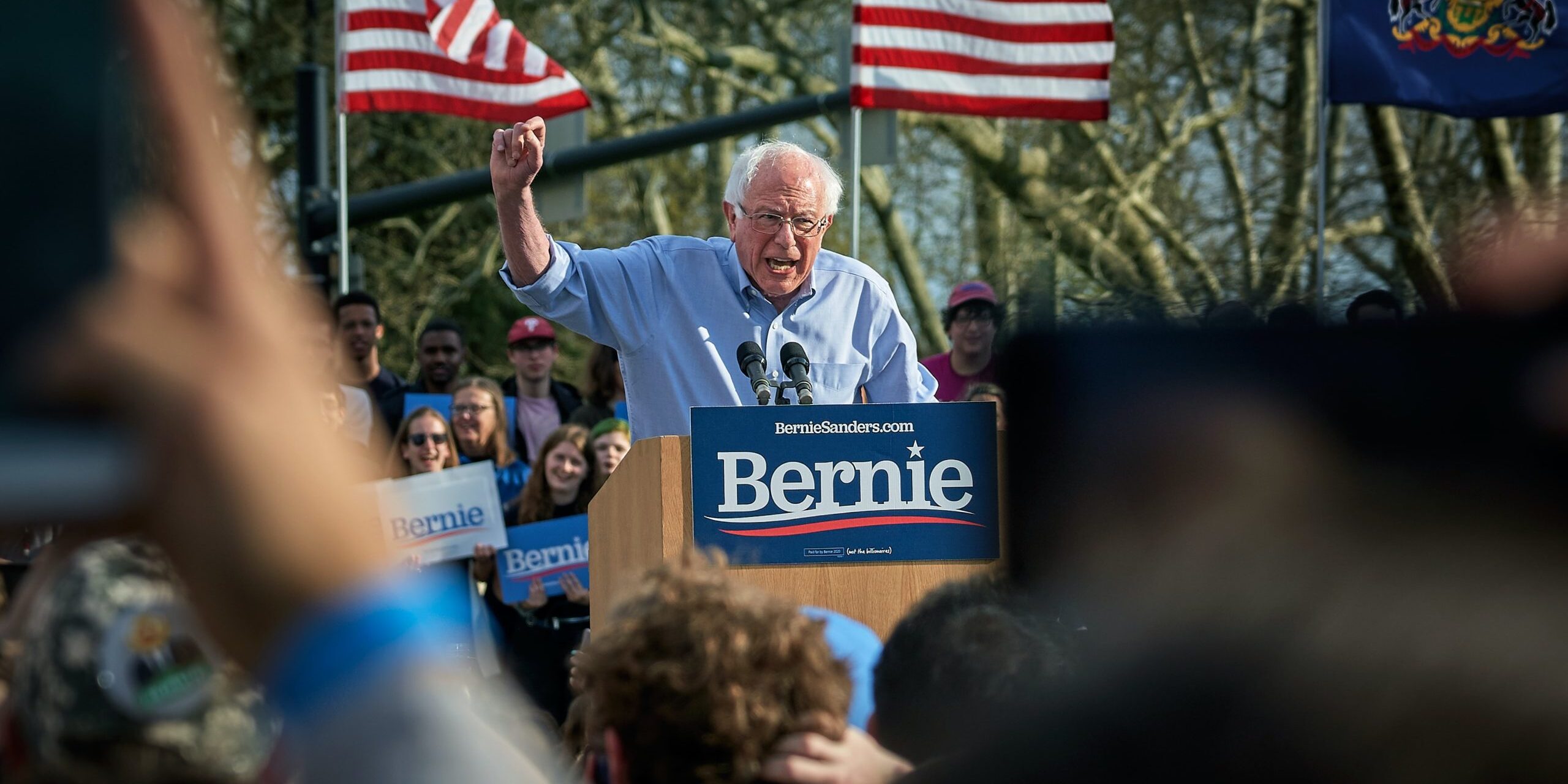Opponents of socialism must make a case that is moral, not merely material.
I suspect, however, that sympathies for socialism also reflect a lack of understanding of what free markets are and, importantly, what they are not. In my experience, young Americans will often say that they think the economy is rigged in favor of the privileged and well-connected. Indeed, they are right to believe so.
What they don’t grasp is that this problem has little to do with markets and everything to do with the cronyism which permeates America’s economy. Nor do they recognize that cronyism is enabled by widespread government intervention in the economy. The bigger the government, the more likely cronyism will prevail.
Nor is it enough to explain to younger Americans the ways in which capitalism’s economic performance is infinitely superior to socialism’s record — or that of European social democracies, for that matter. Many young people also want to live in an economy which they regard as just. I can only agree.
This makes it ever more urgent for those who support free markets to double down on educating young Americans in the economic and moral case for capitalism. It means taking them through the writings of the very best free-market thinkers — people such as Adam Smith, Wilhelm Röpke, F. A. Hayek, and Michael Novak — who didn’t hesitate to defend markets on economic and moral grounds.
But it also means answering their questions about the issues preoccupying them, whether it is concerns about what they see as unjust wealth and income inequalities, or fears that free trade weakens America vis-a-vis our enemies.
In early June, I had an opportunity to take precisely such a group of young Americans from different backgrounds and political viewpoints through a crash course in the morality and economics of markets under the auspices of The Heritage Foundation. All the participants had some knowledge of economics, but only limited exposure to classic free-market texts and thinkers.
Via National Review






